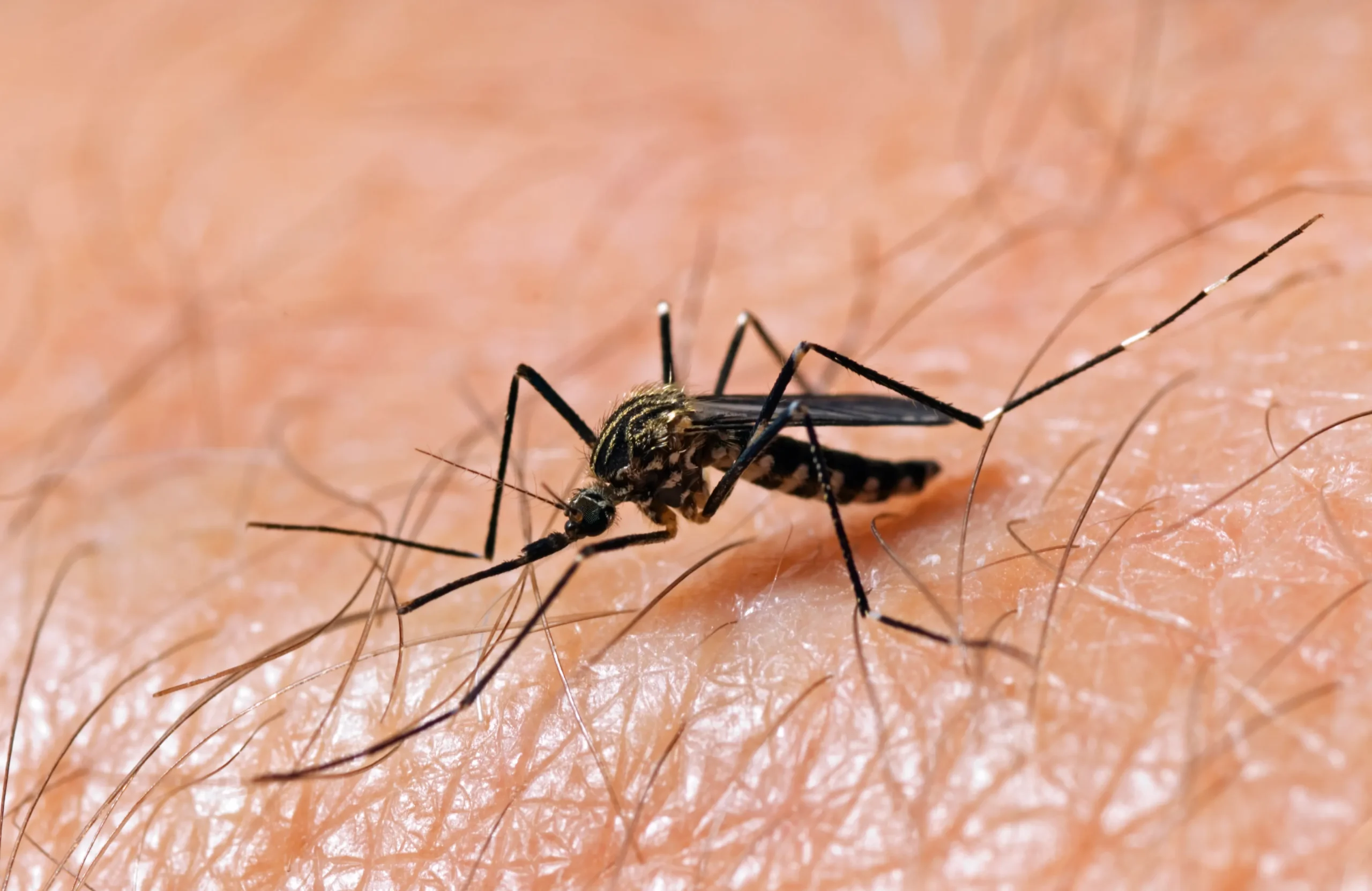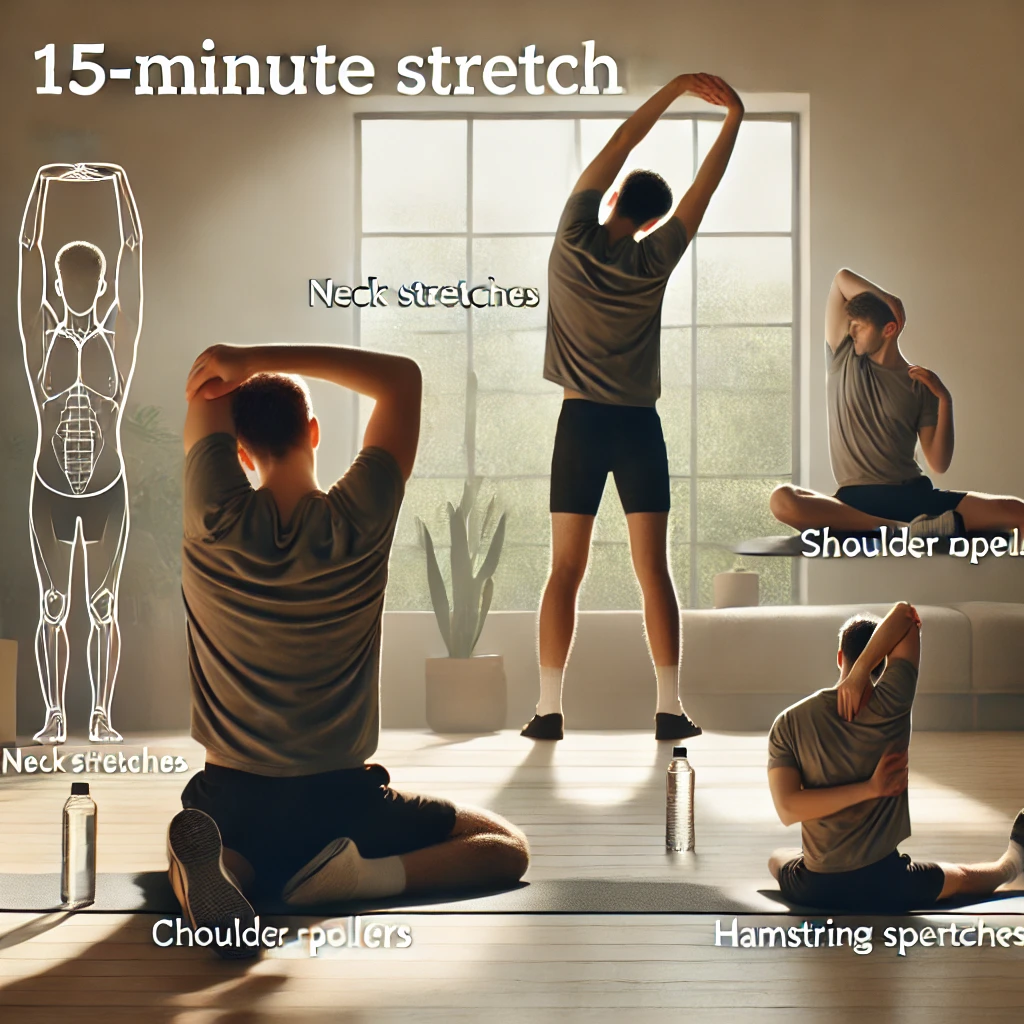Mosquitoes are more than just a summertime nuisance; they are carriers of some of the most dangerous diseases known to humanity. From malaria to dengue fever, Zika virus, and West Nile virus, these tiny insects can transmit a wide range of illnesses that pose serious health risks. With millions affected globally each year, understanding how to protect yourself from mosquito bites is crucial.

The Growing Threat of Mosquito-Borne Diseases
In recent years, the spread of mosquito-borne diseases has increased, partly due to climate change, urbanization, and global travel. Warmer temperatures allow mosquitoes to thrive in regions where they were once scarce, while the growth of urban areas creates new breeding grounds for these pests. Consequently, diseases once confined to tropical regions are now spreading to more temperate climates, putting more people at risk.
Why Mosquito Bites Are Dangerous
Mosquitoes are vectors for various viruses and parasites. When a mosquito bites an infected person or animal, it can pick up the virus or parasite and transmit it to the next person it bites. Some of the most concerning mosquito-borne diseases include:
- Malaria: Caused by parasites transmitted through the bites of infected Anopheles mosquitoes, malaria can cause severe illness and death if not treated promptly.
- Dengue Fever: A viral infection transmitted by Aedes mosquitoes, dengue fever can lead to severe flu-like symptoms and, in extreme cases, can be fatal.
- Zika Virus: Also spread by Aedes mosquitoes, Zika virus is particularly dangerous for pregnant women, as it can cause serious birth defects.
- West Nile Virus: This virus is transmitted by Culex mosquitoes and can lead to severe neurological diseases in some cases.
How to Protect Yourself from Mosquito Bites
While the threat of mosquito-borne diseases is real, there are effective measures you can take to reduce your risk. Here’s how you can protect yourself and your family from these dangerous insects:
1. Use Insect Repellents
One of the most effective ways to prevent mosquito bites is by using insect repellents. Look for products that contain DEET, picaridin, or oil of lemon eucalyptus, as these ingredients are proven to repel mosquitoes. Apply the repellent to all exposed skin, and reapply as directed, especially if you’re spending extended periods outdoors.
2. Wear Protective Clothing
Covering up your skin can significantly reduce the number of mosquito bites you receive. Wear long-sleeved shirts, long pants, and socks when outdoors, especially during peak mosquito activity times—dawn and dusk. Light-colored clothing is preferable, as mosquitoes are attracted to darker colors.
3. Eliminate Standing Water
Mosquitoes lay their eggs in standing water, so eliminating these breeding grounds around your home is essential. Regularly check for and remove any standing water in flower pots, gutters, bird baths, and pet dishes. If you have a pond or water feature, consider adding fish that eat mosquito larvae or using a larvicide to prevent mosquitoes from breeding.
4. Use Mosquito Nets and Screens
If you live in an area where mosquito-borne diseases are prevalent, consider sleeping under a mosquito net to protect yourself from bites while you sleep. Additionally, ensure that all windows and doors are fitted with screens to keep mosquitoes out of your home. Repair any holes or tears in screens promptly.
5. Install Outdoor Fans
Mosquitoes are weak fliers, and even a small breeze can make it difficult for them to land on you. Installing fans in outdoor areas where you spend time can help keep mosquitoes away. This is particularly useful for patios, decks, and other outdoor living spaces.
6. Consider Mosquito Control Services
For those living in areas with a high prevalence of mosquito-borne diseases, professional mosquito control services can provide an added layer of protection. These services typically involve regular spraying of insecticides around your home and yard to reduce the mosquito population. While not a substitute for personal protective measures, they can be an effective complement.
7. Stay Informed About Local Outbreaks
Stay updated on mosquito-borne disease outbreaks in your area. Health departments often issue warnings and provide information on prevention when there is a risk of disease transmission. By staying informed, you can take extra precautions when necessary.
What to Do If You Get Bitten
Despite taking precautions, it’s possible to still get bitten by a mosquito. If this happens, resist the urge to scratch, as this can lead to infection. Instead, clean the bite area with soap and water and apply an anti-itch cream or calamine lotion. If you experience symptoms such as fever, rash, or joint pain after being bitten, seek medical attention immediately, as these could be signs of a mosquito-borne disease.
The Importance of Community Effort
Preventing the spread of mosquito-borne diseases requires a community-wide effort. By encouraging your neighbors to eliminate standing water and take other preventive measures, you can help reduce the mosquito population in your area. Participating in community mosquito control programs and supporting public health initiatives can also make a significant difference.
Conclusion: Stay Vigilant, Stay Safe
Mosquito-borne diseases are a serious threat, but with the right precautions, you can protect yourself and your loved ones. By using insect repellents, wearing protective clothing, eliminating standing water, and staying informed, you can reduce your risk of mosquito bites and the diseases they carry. Remember, prevention is key, and a proactive approach is the best defense against these dangerous insects.
For more health and wellness tips, visit Digital Digest and stay informed on how to protect yourself from everyday threats.






